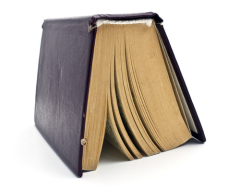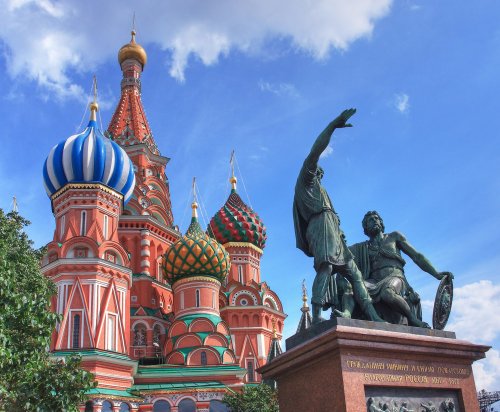
…In the wader family, there's a bird called the goldfinch. Its dark plumage is streaked with white, and its feet are clad in brownish-red “boots.” The reason for its name is unclear at first glance, as there's nothing particularly remarkable about its appearance.
And it's primarily a matter of “footwear,” since in Rus', red boots were a sign of luxury (remember how Emelya in the famous fairy tale demanded them for himself, haggling with his family?). And the bird-like “caftan” is akin to what our ancestors considered a refinement: “with a sparkle.”
Now let's turn to Ushakov's dictionary and read that a dandy is “a person dressed smartly, with a penchant for expensive, elegant attire.” According to popular belief, a dandy can be characterized by sophistication or dashing manners, as well as “a deliberate display of something with the aim of making a favorable impression; boasting.” The nuances of usage can vary, but in modern usage, “dandy” is still more often perceived as an ironic definition, you'll agree.
Vasmer, examining the etymology of the word “dandy,” critically examines another meaning, citing V. Dahl, who noted that among the Pskovians and Tverians, “dandy” means sharp, quick-witted. In this case, Vasmer says, “one would have to consider the name of the bird as the original.” The very same bird with which the story began.
On the other hand, he points out that the Russian word “schogol” (schogel) sounds similar to words in Polish, Serbian, Croatian, and Czech, meaning “single” or “lonely.” Based on this, the scholar believes that “schogol” originally meant “lone” or “bachelor.” Who would have thought!
I'll beg to differ with this authoritative author, for in the Russian North, a dandy has historically been the name given to… a mummer in ritual games, as well as the games themselves, but not all of them, only certain ones. Let's turn to Christmas rituals. As is well known, they were divided into “pure,” “quiet,” and the terrifying, evil ones.
The dandies were part of the pure rituals performed during the first half of Christmastide. Naturally, the mummers had to match the nature of the events being held, and therefore they were expected to be beautiful and elegant (basque).
The mummers, nicknamed “kharyi” (face masks), belonged to the second half of Christmastide, and their obligatory attribute was the wearing of terrifying masks. These masks symbolized either the dark side of the gods, who punished for something, or (most often) the warding off of evil forces. That's why they were often called not “kharyi” (face masks), but “kharyushki” (face masks).
By the way, at one time in Rus' any mask (face) was called a kharey, so there was nothing offensive in this word, and the presence of the root “khar” in it generally makes you think, especially if you consider that in Russian speech there was an alternation of sounds, including “khar” and “khor”…
Judge for yourself. The words “character” or, for example, “kharchi” (food) have no negative connotations. A dashing, resourceful young man was called a “ukhar” (dapper) without any hint of mockery. The word “khoroshiy” (good) comes from the Old Russian “kharnyy” (harny), which also had a second meaning: beautiful (preserved in Ukrainian as “garnyy”) and is associated with the sun and circular motion (khoro – circle). Khorymy (a rich, circular structure) also echoed the solar idea. Khors was the name of the Slavic sun god, and the round dance was originally called “kharagod” and was a ritual dance.
This list could be continued (even beyond Russian culture), but it's already clear that words with this root refer to vital concepts that imply nothing negative. But it was precisely thanks to Christmas rituals that the meaning of “khari,” as it lost its sacred meaning, gradually narrowed to an exclusively negative one.
So, Vasmer's opinion that the only acceptable origin of the word “kharya” is a diminutive form of the name Khariton is also erroneous, as is Goryaev's suggestion that it stems from the word “ukhary” (ear-hound) and means “eared mask.” Frankly, this makes one smile.
* * *
Mummery, which once signified a ritual transformation of people's appearance and a game with magical powers, has become nothing more than a fun pastime in our time, though the words associated with it remain. But how their meaning has changed!





